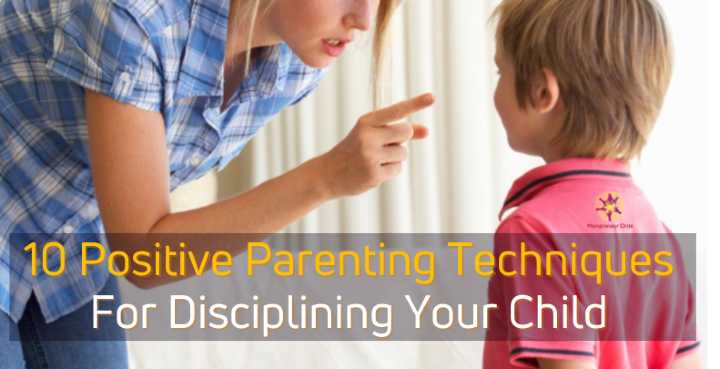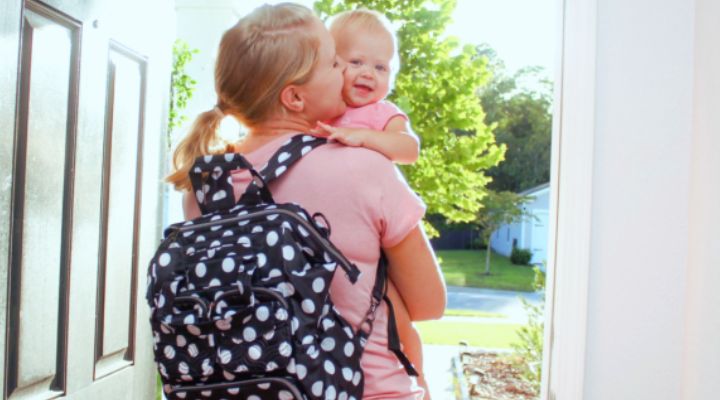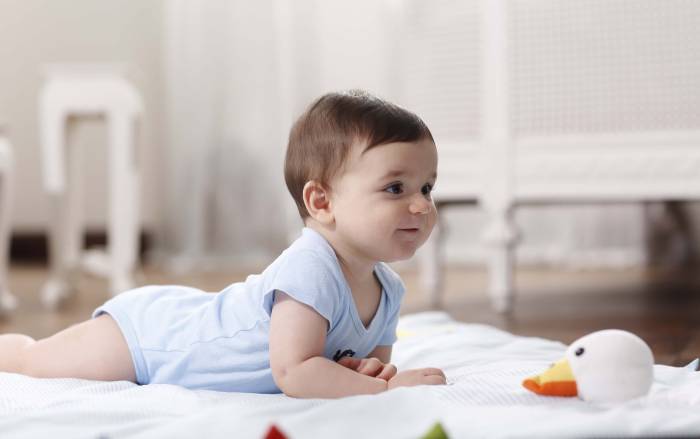10 Positive Parenting Techniques For Disciplining Your Child

Our first lessons in parenting came from the adults who raised us. Most of us take care of our kids the same way our family took care of us. We use rules, traditions, and even the same words our family used. What was it like when you were growing up? What did your parents do and say to you? Listen to what you say to your children. What words do you use? What do you do? Our grandparents’ ways both good and bad, were passed to our parents. Many of those ways were then passed on to us through our parents. It’s fairly certain we will use some of the same practices to raise our children. It is up to you as a parent to choose what traditions you will use in raising your kids and which you will not use. Babies don’t come with instructions. Being a parent is not an easy job. We all want to become better parents. We come to take this course because we are frustrated, stressed, disappointed or fearful about parenting. Here we share our feelings, even the negative ones, about our struggles with our kids. We come together to share our problems, to get new ideas and to grow and learn from one another. We take what we can use from the meeting to make our family stronger.
So if you are expecting to build a great relationship with your child where better behavior is due to love and respect rather than fear, positive parenting is the way to go.
You can start disciplining your child from early on. If your little one drops his toy and starts crying, you can always gently tell him to stop crying and show him that all he needs to do is to pick it up. This will teach him to do things on his own, instead of depending on someone or giving in to his emotions. To teach your child about positive discipline, let him reach an age where he understands things, however, you can start early, i.e., when he turns 1.
So, here are few of the things you can do to positively discipline your child and adapt to the process of positive parenting:
1. Let the child mirror you – Your children observes you to the core and then the implementations happen. Ensure that your behavior, your reactions are in control so that the mirroring happens exactly as the way you want.
For eg – If you get a message that your support staff isn’t coming and that you have some extra work to do and that the same day you have guests coming home – your reaction would be – Oh God, how would I manage this, and then you start reacting to small small situations and talks. Your child is learning the same and when some extra works comes on his head from the school side or if you assign , his/her reactions would be – oh God, so much work , I can’t manage, I can’t do it and then the child tends to give up completely.
2. Be open in your Communication – When you communicate, communicate age appropriate and right. Cooking up stories or wrong incidents to teach children is a strict no no. Use open gestures and be non-reactive in your communication.
For eg – When we have to discipline our child, we tend to cook up stories in regard to our childhood, showing how our parents used to treat us and how we treat our children, and that we are more liberal and best and then starts the past talks and incidents which would not be so apt for the child at that particular age.
When you need to discipline your child, talk about the present and stop demeaning your parents or showing the cooked up worst side of your childhood times. It might have other repercussions then ..
3. Set some Family rules and boundaries : Each family has some rules to adhere too and every family member has to abide by it. Create boundaries within to what is expected and what is not. All children need love, guidance and to have rules and boundaries. Rules and boundaries help families to understand how to behave towards each other, and what’s OK and not OK. But the best way to go about this will vary based on your child’s age and stage of development. All children are different and develop and reach milestones at different rates.
4. Tag the behaviour and not the Child: When the child mis-behaves, tag the behavior and explain what is correct and what is not so correct . Usually w eparents tend to tag the child as good and bad. Avoid doing that as that might affect the child’s mental health and that s/he might create her identity on those basis.
5. Rewards: Rewards and recognitions works wonders . Good behaviour should always be rewarded as it can encourage your child to keep behaving in that manner. Rewarding your child should not be confused with bribing your child. If you try to motivate your child by offering a reward if he behaves well, this is a bribe. Bribing children teaches them to be manipulative; if you continue bribing them, they will only do what you want if you give them something for it. So avoid that but do reward him when he does something good.
For eg – if the child is kind to his friends or helps somebody without you prompting, reward the child but if the child cleans the room or helps in the house or if you prompt – Aunty ko hello bologe, then I will give you a gift and if the child does, that is bribing.
6. Explain and not Order: It is important that you don’t order your child often. Explaining is better then ordering as if they mirror you and implement things(that they learnt through mirroring you) when they grow up, the life for the child would be too stressful and less on relationships.
For eg – If the child has an habit of putting wet towel on bed and if you have corrected the child multiple times on the same, avoid ordering – hey – how many times did I tell you – instead – the language to be used is – Hey – just a reminder – keep the wet towel on the stand and when time permits , explain what happens when it is kept on the bed and how doe sit harm our health.
7. Let the child choose from choices offered: This will give your child a feeling of control and won’t make him feel like you are always telling him what to do. If your child has hit someone else, you can offer two choices.
For eg – Do you want to apologize for hitting or would you like to sit in a corner and understand why did you hit your friend?
8. Family time: Have family time with children, where you, your spouse and your children sit and discuss about the things that happened during the week, what behavior you appreciate about each other and which behavior needs each other’s support to work upon/ improve . Ensure that there is no cross questioning and no abusing or tagging.
9. Keep Patience: Keep your cool, dear Parents and be empathetic while you discipline your child. Showing empathy is a great way to make your child see that you understand how he feels, but he still needs to behave the right way. The golden words I understand gives a sense of acceptance to the children and makes them feels secured. Don’t be reactive to situations or behavior but keeping cool makes a huge difference and that helps the child to understand himself better.
10. Turn Mistakes Into Lessons : If your child snatches a toy from someone else, you can also use past experiences to help him understand why he should not do it. For example, you can say, “Do you remember when your friend snatched the toy you were playing with? It made you feel very bad, didn’t it? When you take something from someone, it makes them feel the same way.” Using this approach will help your child understand the emotions of his playmates and he will grow into a kind and compassionate person.







